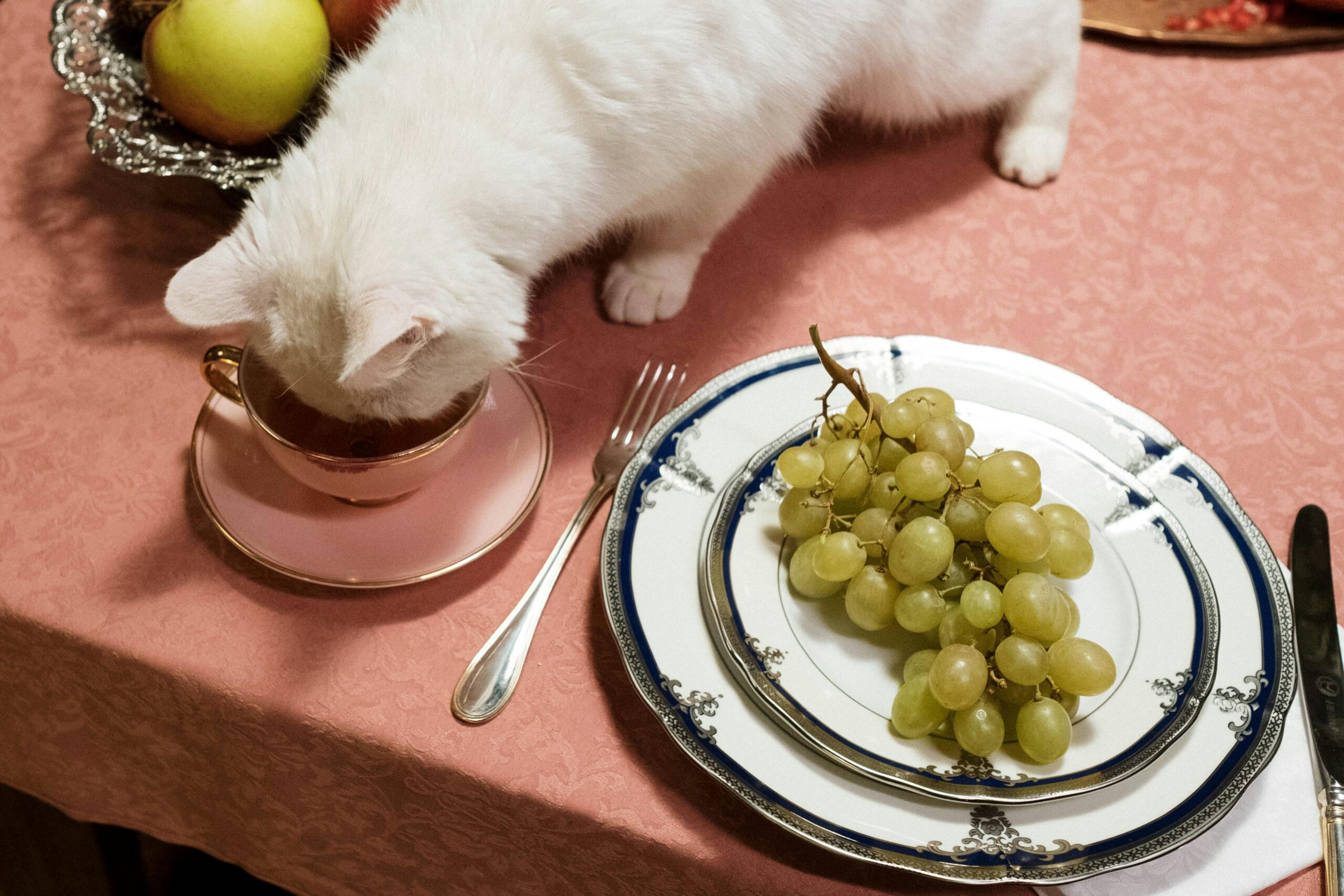Healthy Pet Cat Food: A Comprehensive Guide.
Table of Contents
Introduction:
Choosing the right food for your cat is crucial for their overall health and well-being. A balanced diet ensures your cat gets the necessary nutrients, maintains a healthy weight, and supports a long, active life. This guide will explore the essential components of healthy cat food, considerations for different life stages and health conditions, and tips for selecting the best commercial cat food. In this article you will see Healthy Pet Cat Food: A Comprehensive Guide and be your cats healthy!
Essential Nutrients for Cats: (Healthy Pet Cat Food: A Comprehensive Guide)
Cats are obligate carnivores, meaning their diet must primarily consist of meat to meet their nutritional needs. Here are the key nutrients every cat requires:
Protein:
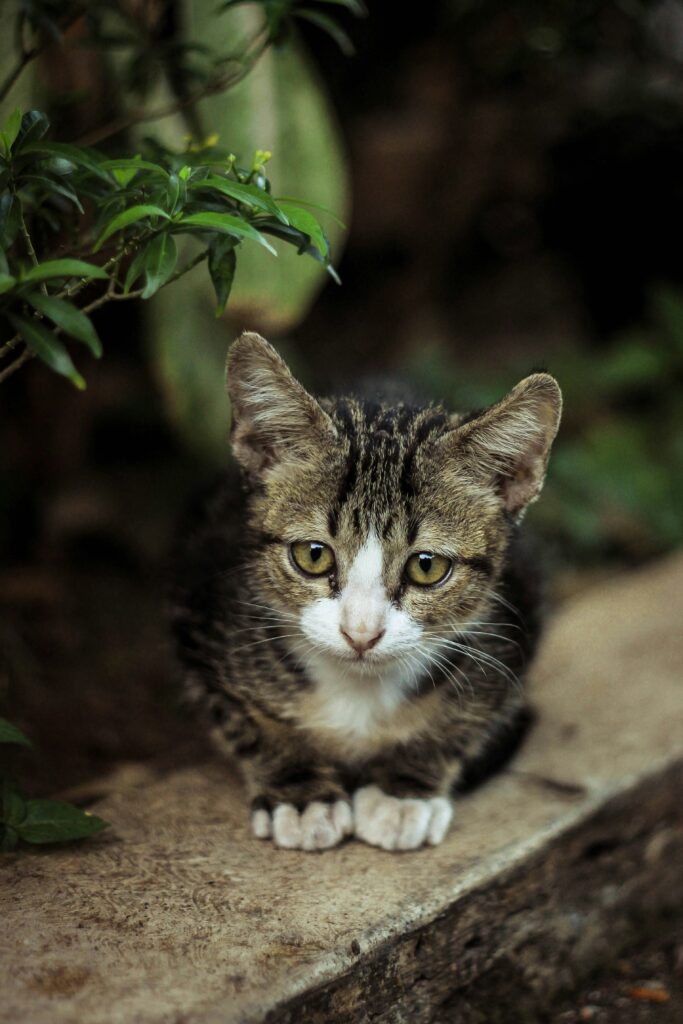
Protein is vital for muscle growth, tissue repair, and overall energy. High-quality animal proteins from sources like chicken, beef, or fish should be the primary ingredient in your cat’s food.
Taurine:
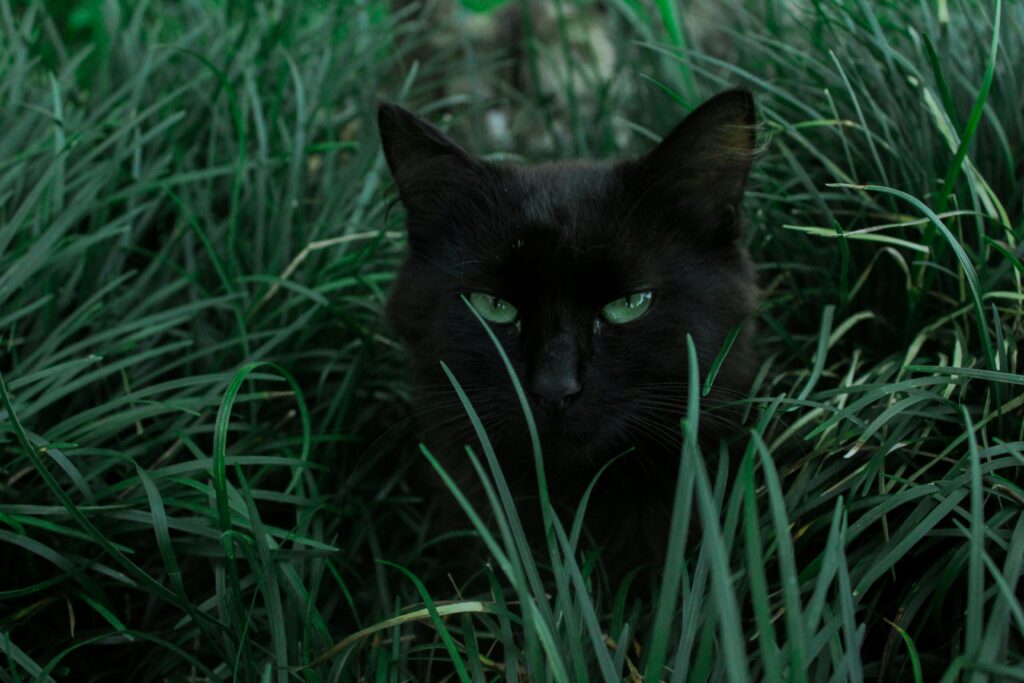
Taurine is an essential amino acid for cats, crucial for heart health, vision, and reproduction. Unlike other animals, cats cannot produce sufficient taurine on their own and must obtain it through their diet, primarily from meat sources.
Fats:
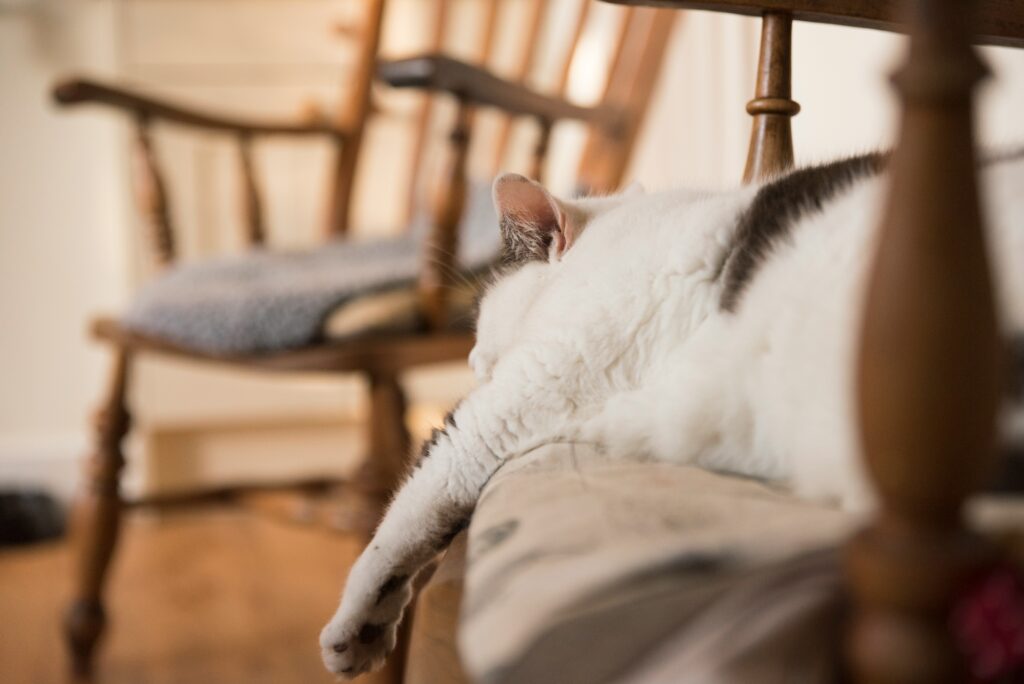
Fats provide a concentrated source of energy and are necessary for absorbing fat-soluble vitamins (A, D, E, and K). Omega-3 and omega-6 fatty acids are particularly important for maintaining healthy skin and coat.
Vitamins and Minerals:
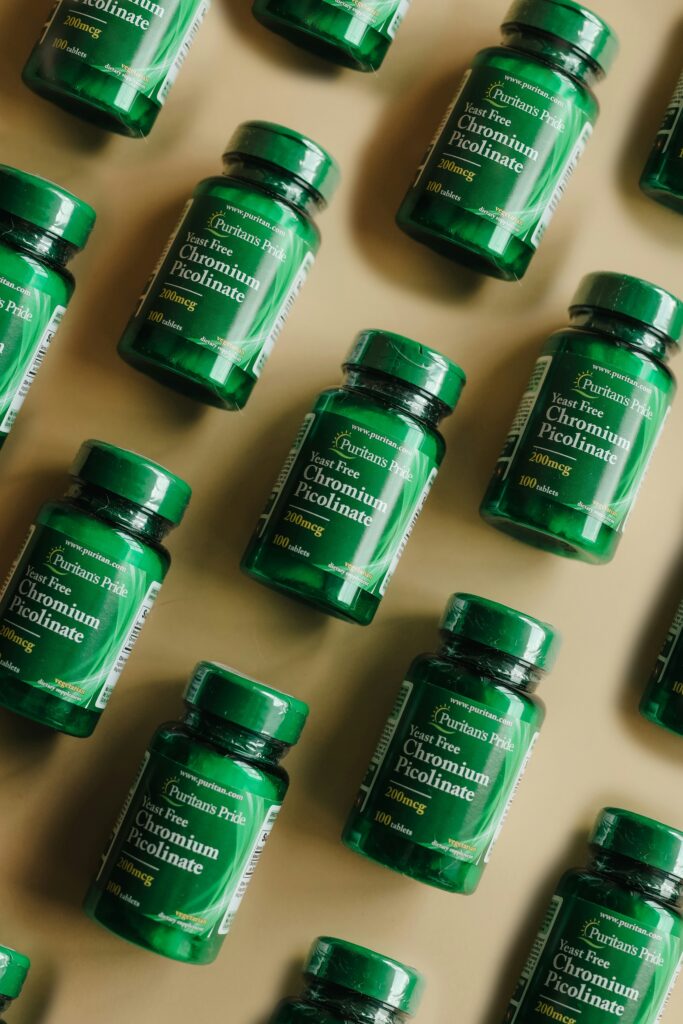
Cats require a variety of vitamins and minerals, including:
– **Vitamin A**: Essential for vision, immune function, and skin health.
– **Vitamin D**: Important for bone health and calcium absorption.
– **Calcium and Phosphorus**: Necessary for strong bones and teeth.
– **Magnesium, Potassium, and Sodium**: Vital for nerve function, muscle contraction, and maintaining fluid balance.
Life Stages and Dietary Needs: (Healthy Pet Cat Food: A Comprehensive Guide)
Cats have different nutritional requirements at various stages of life. Understanding these needs ensures your cat receives appropriate nutrition throughout their life.
Kittens:
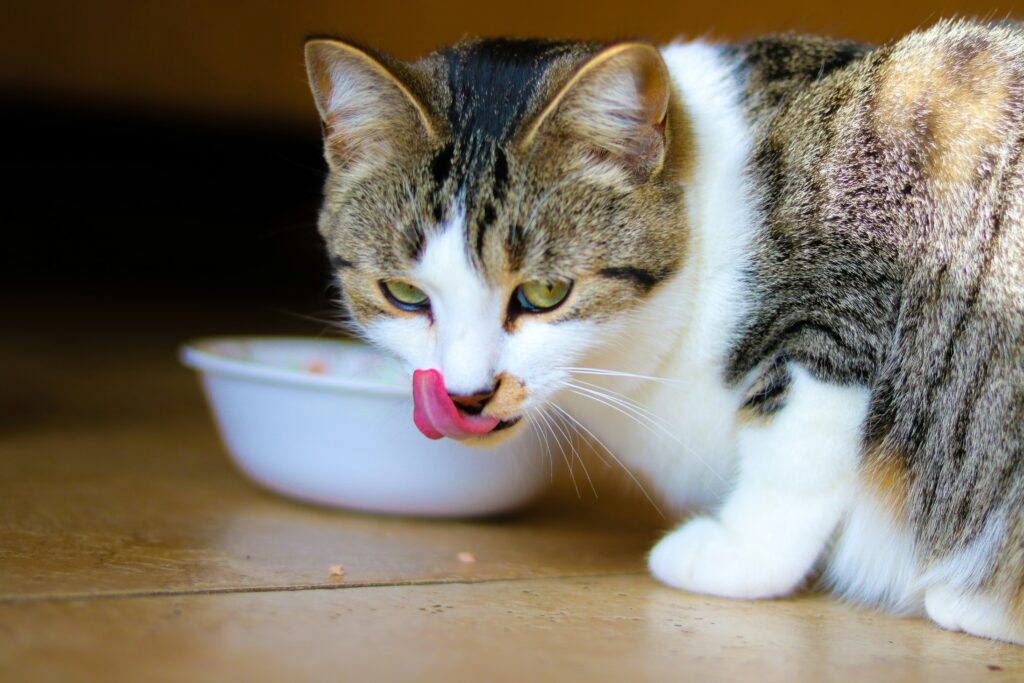
Kittens need a diet rich in protein and calories to support their rapid growth and development. Foods formulated for kittens often contain higher levels of protein, fat, and certain vitamins and minerals compared to adult cat food.
Adult Cats:
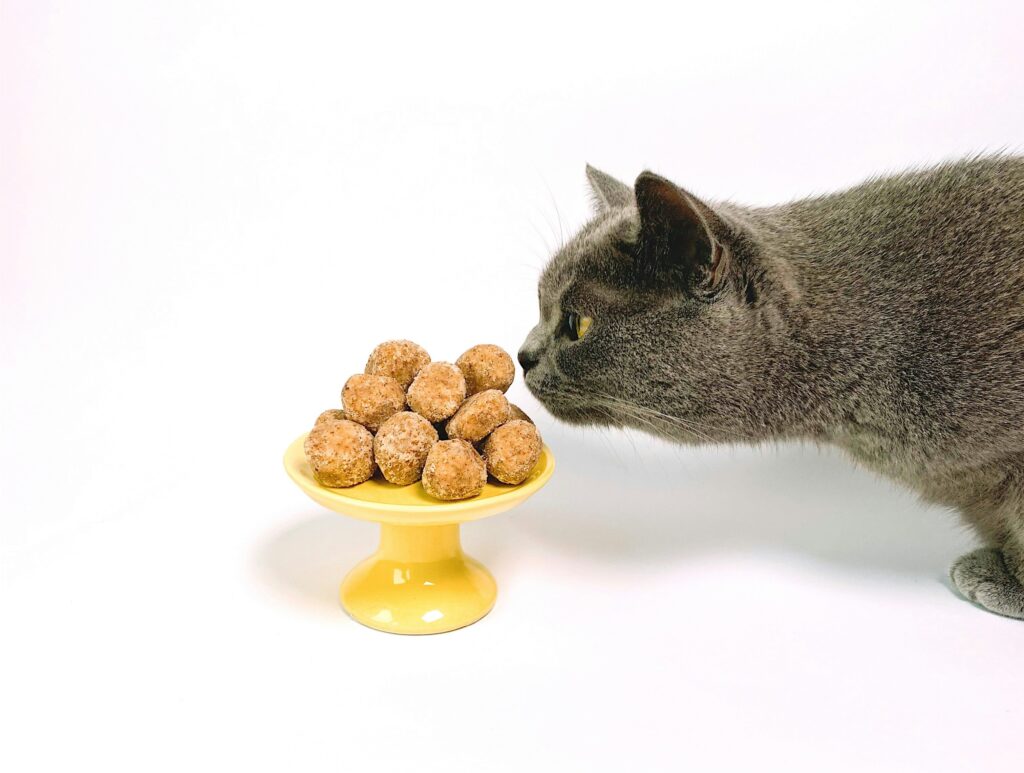
Adult cats require a balanced diet to maintain their health and weight. They need moderate protein, fat, and a blend of vitamins and minerals to support daily activities and overall well-being.
Senior Cats:
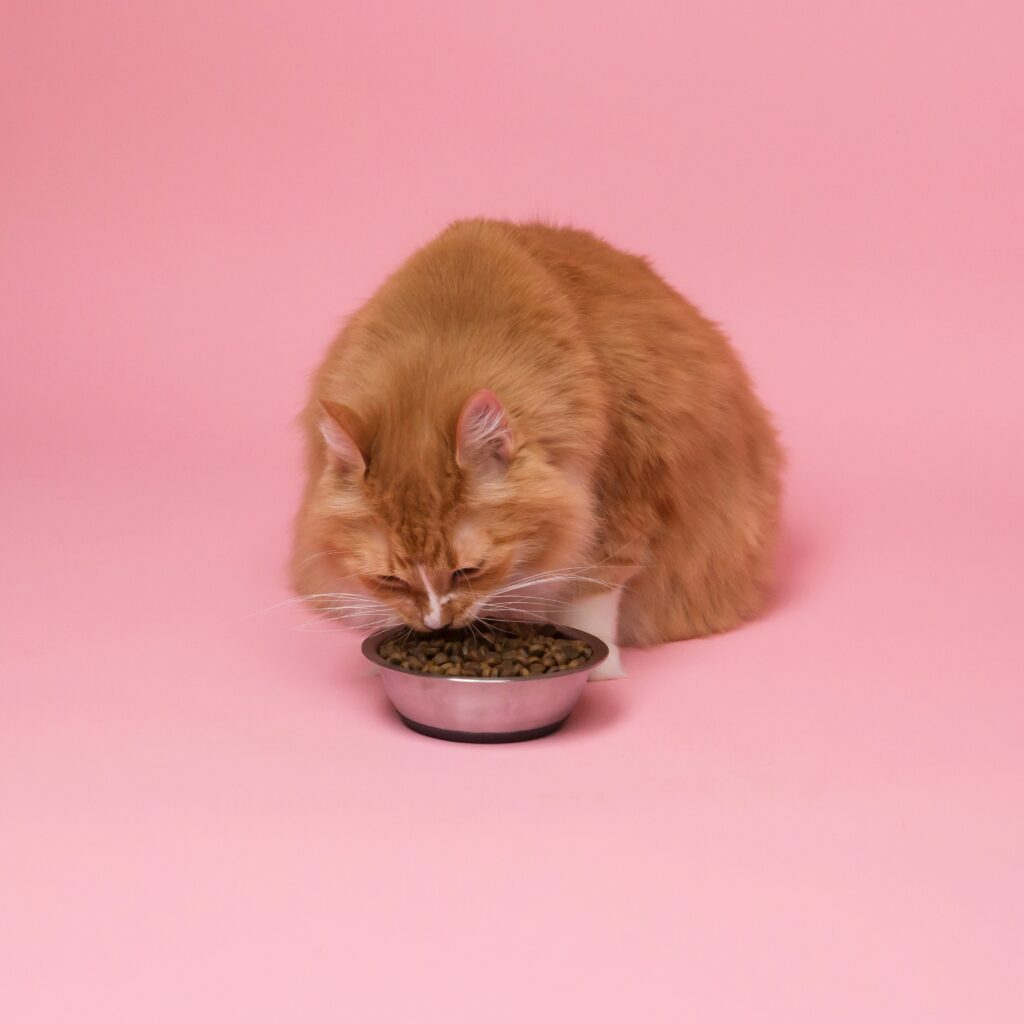
Senior cats (typically over 7 years old) may need a diet lower in calories to prevent obesity but higher in certain nutrients like antioxidants to support aging joints and immune function. Senior cat foods often have adjusted protein levels to maintain muscle mass without overburdening the kidneys.
Special Dietary Considerations:(Healthy Pet Cat Food: A Comprehensive Guide)
Certain health conditions may necessitate specific dietary adjustments.
Weight Management:
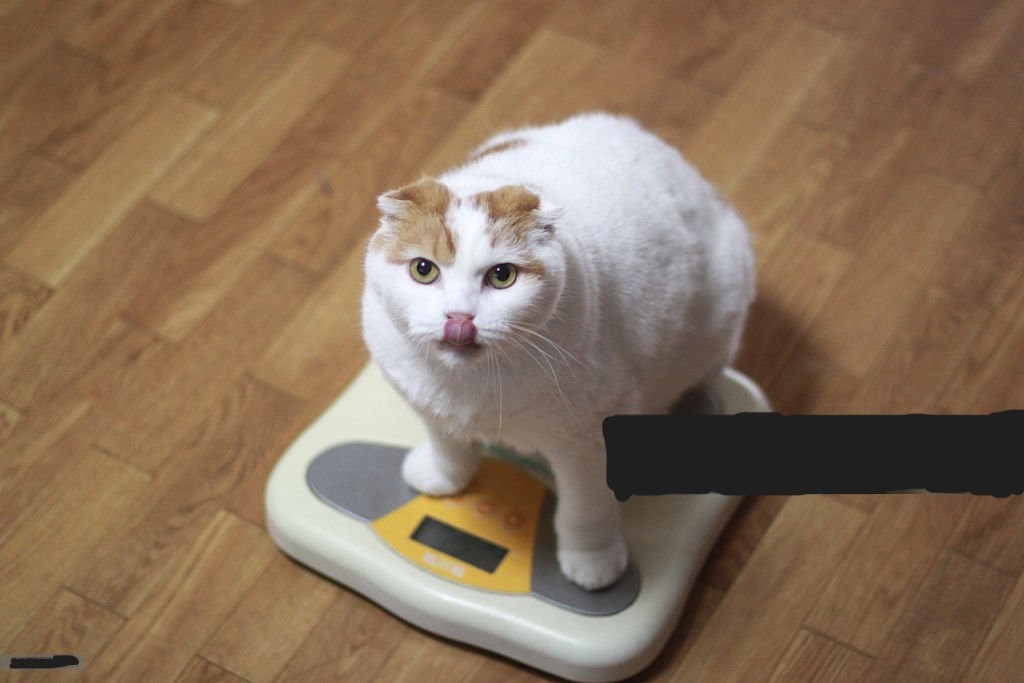
For overweight cats, a diet lower in calories and higher in fiber can help them lose weight gradually. Look for foods labeled “weight management” or consult your veterinarian for a suitable diet plan.
Urinary Health:
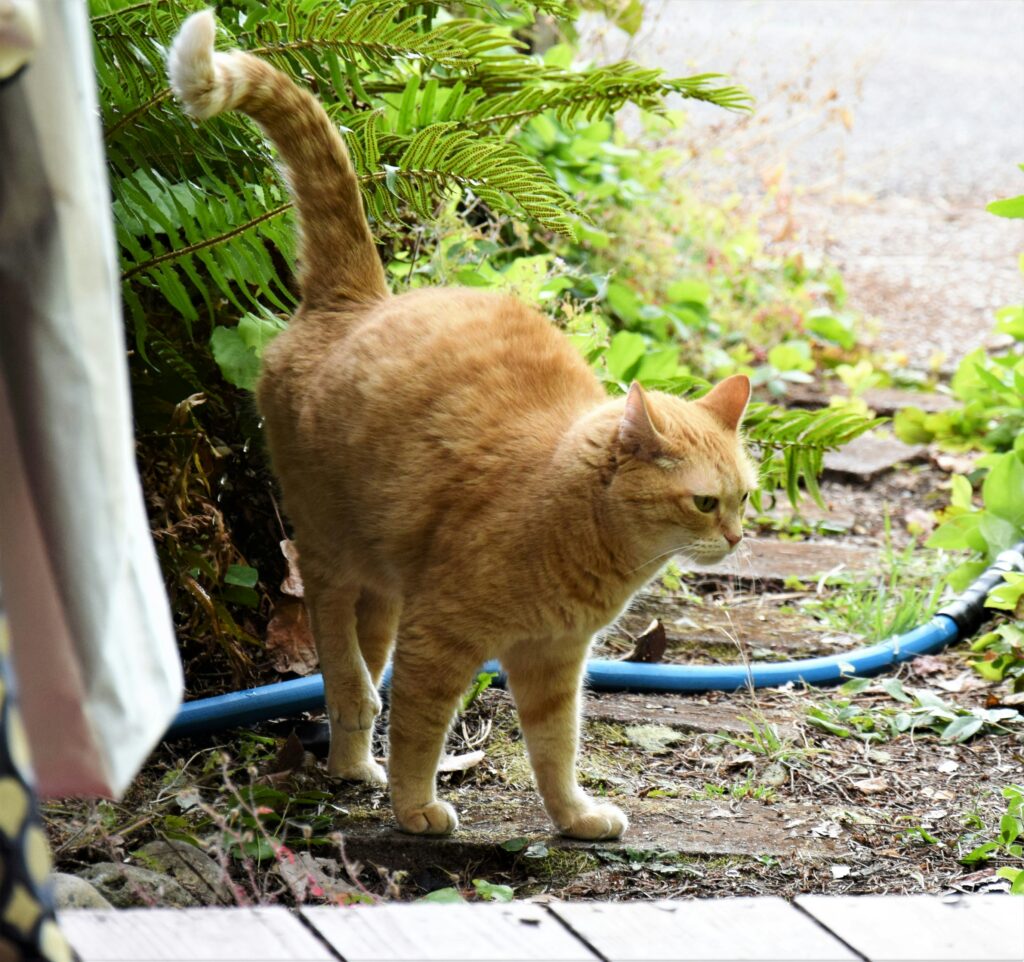
Cats prone to urinary tract issues may benefit from foods designed to promote urinary health. These foods often have controlled levels of minerals like magnesium and phosphorus to reduce the risk of urinary crystals and stones.
Allergies and Sensitivities:
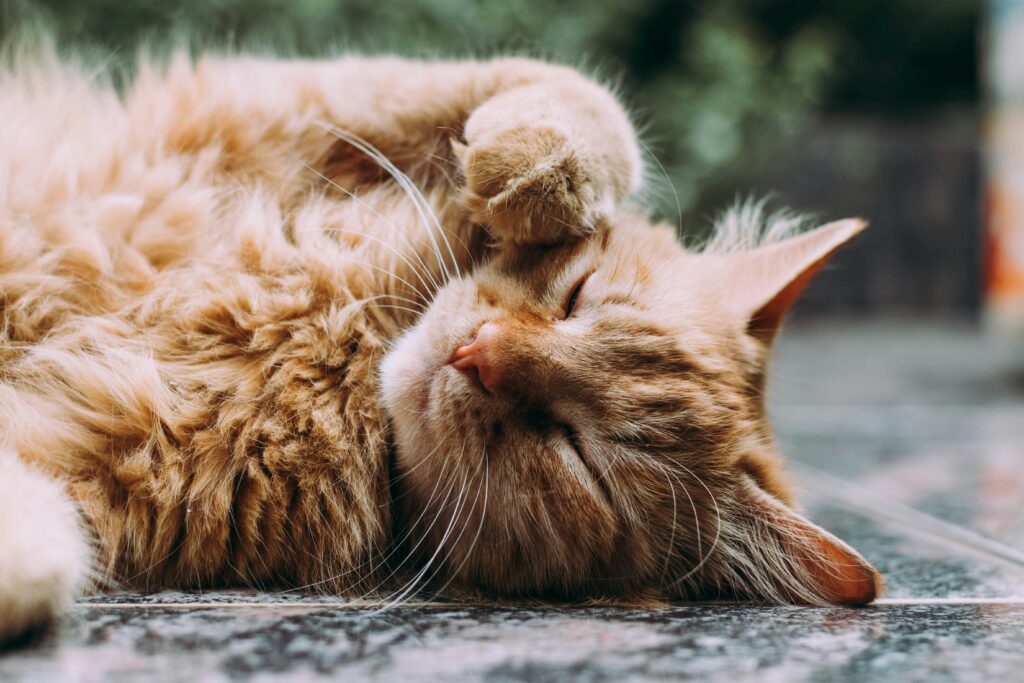
If your cat has food allergies or sensitivities, you may need to choose a hypoallergenic diet. These diets often use novel protein sources (like duck or venison) and limited ingredients to minimize potential allergens.
Choosing the Best Commercial Cat Food: (Healthy Pet Cat Food: A Comprehensive Guide)
When selecting commercial cat food, consider the following factors:
Ingredient Quality:
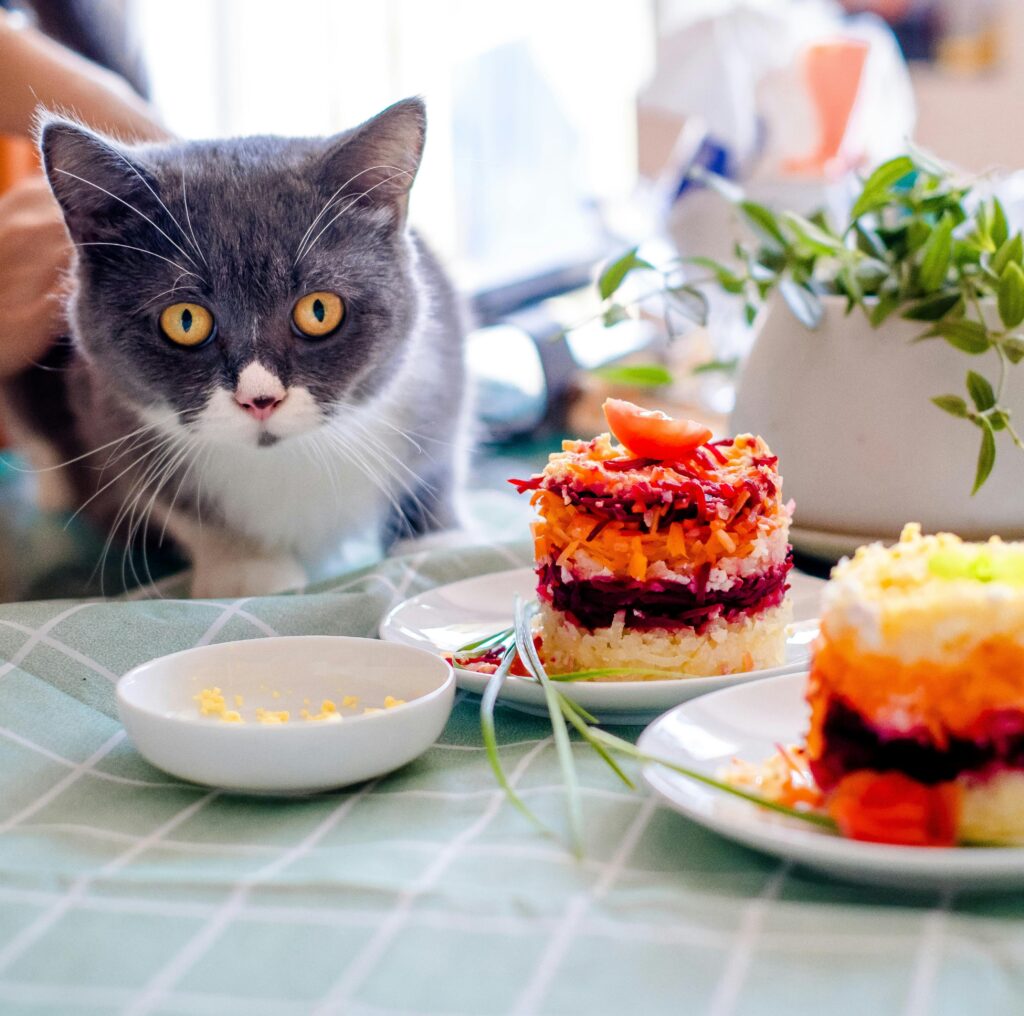
Look for foods where high-quality animal proteins are the first ingredients. Avoid products with excessive fillers like corn, wheat, and soy, as these provide little nutritional value.
AAFCO Certification:

The Association of American Feed Control Officials (AAFCO) sets nutritional standards for pet foods. Ensure the food you choose meets AAFCO guidelines for complete and balanced nutrition.
Wet vs. Dry Food:
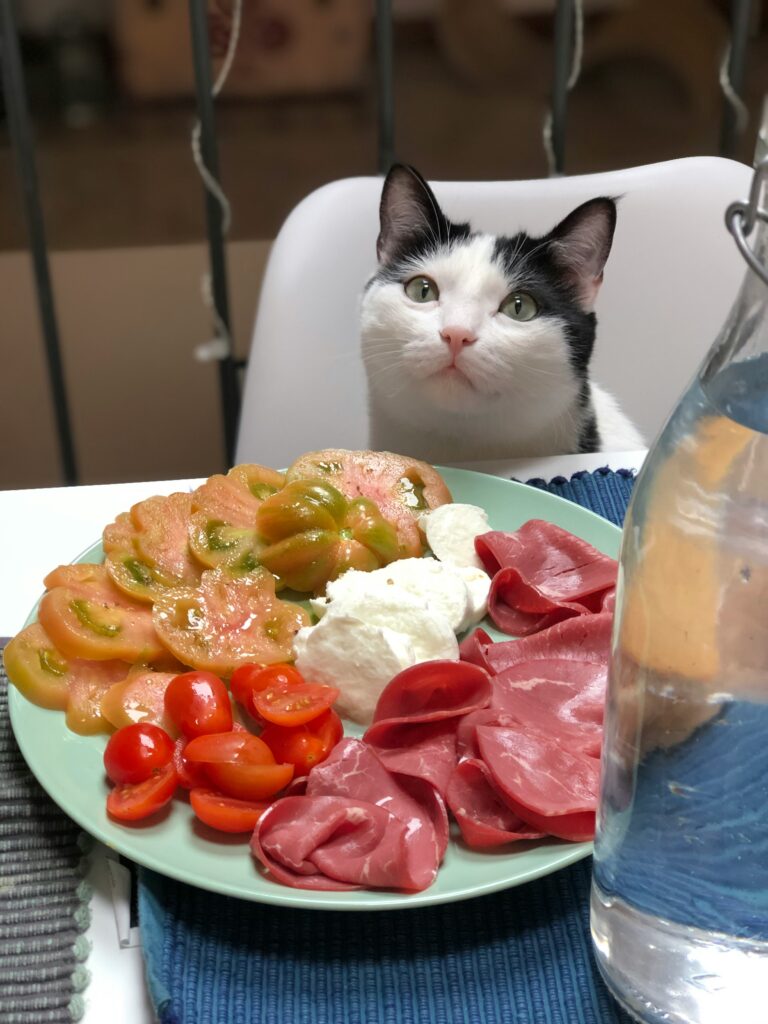
Both wet and dry foods have their pros and cons. Wet food can help keep your cat hydrated and is often more palatable, while dry food is convenient, helps keep teeth clean, and can be more cost-effective. A combination of both can provide balanced benefits.
Brand Reputation: (Healthy Pet Cat Food: A Comprehensive Guide)

Choose reputable brands known for their quality control and transparency in ingredient sourcing. Reading reviews and consulting your veterinarian can also help in making an informed decision.
Homemade Diets: (Healthy Pet Cat Food: A Comprehensive Guide)

While some cat owners prefer homemade diets, it is challenging to ensure they are nutritionally complete. If you choose to prepare your cat’s food at home, work closely with a veterinary nutritionist to create a balanced diet plan.
Conclusion: (Healthy Pet Cat Food: A Comprehensive Guide)
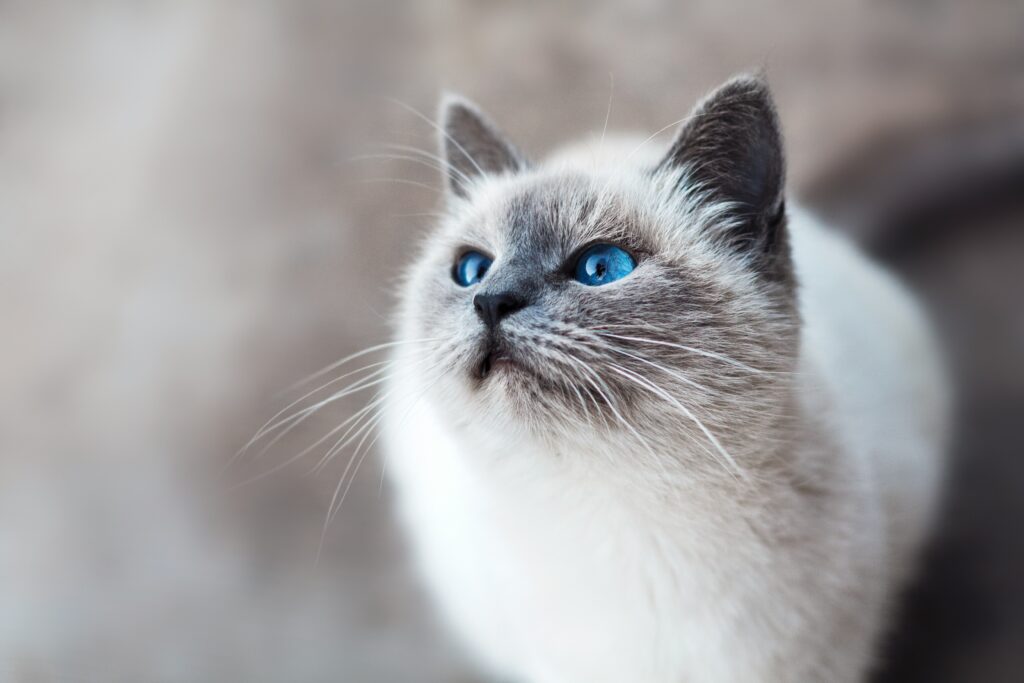
Feeding your cat a healthy, balanced diet is one of the most important aspects of pet care. By understanding your cat’s nutritional needs and choosing high-quality commercial foods or carefully planned homemade diets, you can ensure your feline friend enjoys a long, healthy, and happy life. Regular veterinary check-ups and adjustments to their diet as needed will further support their well-being.

